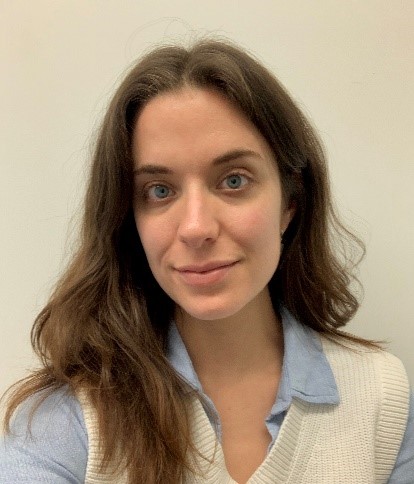The Generation and Clinical Application of Cardiac Digital Twins
Karli Gillette, Ph.D.
Senior Postdoctoral Researcher, Medical University of Graz
Friday, April 26th at 10:00 am
In-Person in SMBB 2650
Dr. Karli Gillette researches the generation and application of personalized cardiac models of electrophysiology, termed cardiac digital twins, within the general field of computational cardiology. Her journey in computational modeling started at the University of Utah, where she received a Master’s degree under the supervision of Dr. Rob MacLeod at the SCI Institute focusing on the processing of experimentally-recorded canine signals for use in algorithm validation of implantable cardio defibrillators. Karli then went on to receive a PhD in mathematics and scientific computing at the University of Graz in Graz, Austria under the supervision of Dr. Gernot Plank. Her PhD work focused on the automation of modeling pipelines for cardiac digital twin generation. During this time, she published a clinically-viable workflow for clinical applications and created the most accurate cardiac digital twin reported to date. Karli is now a senior postdoctoral researcher at the Medical University of Graz in Graz, Austria. Her current research work focuses on extending cardiac digital twins to various clinical, experimental, and industrial applications. Moving forward, she aims to become a leader of inclusive modeling practices and has started research on accounting for sex-specific factors within the cardiac digital twins.
Abstract: Cardiovascular diseases, in particular arrhythmic heart diseases, are a leading cause of death in the Western world. Tailoring clinical treatments and criteria for each patient is needed to combat the rising health burden that non-optimal treatment poses. Precision medicine in the form of virtual models of cardiac electrophysiology is an emerging digital strategy with huge clinical potential to address this need. Virtual models of cardiac electrophysiology are computational models that integrate the laws of physics and physiological knowledge to mechanistically represent the electrical function of the heart. When the virtual models are personalized to mimic both the anatomy and function of a specific patient, termed a cardiac digital twin, they could offer superior care in the form of personalized diagnostics, prognostics, and treatment planning. While the idea behind cardiac digital twins is conceptually simple, the practical reality is a daunting challenge that includes formulating the mathematics and equations behind the biophysical electrophysiological model, subsequently tuning parameters, and generating reliable predictions in clinical applications. Within this presentation, I will provide an overview on our work on cardiac digital twins for clinical applications. Recent work in model generation and personalization to overcome limitations in cardiac modeling will be discussed. I will then showcase the use of a cardiac digital twin paired with uncertainty quantification to provide insight into the arrhythmic heart disease of Wolff-Parkinson-White Syndrome.
